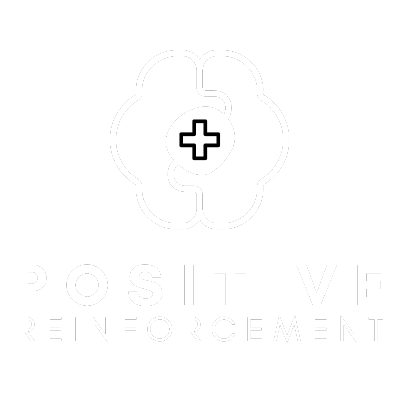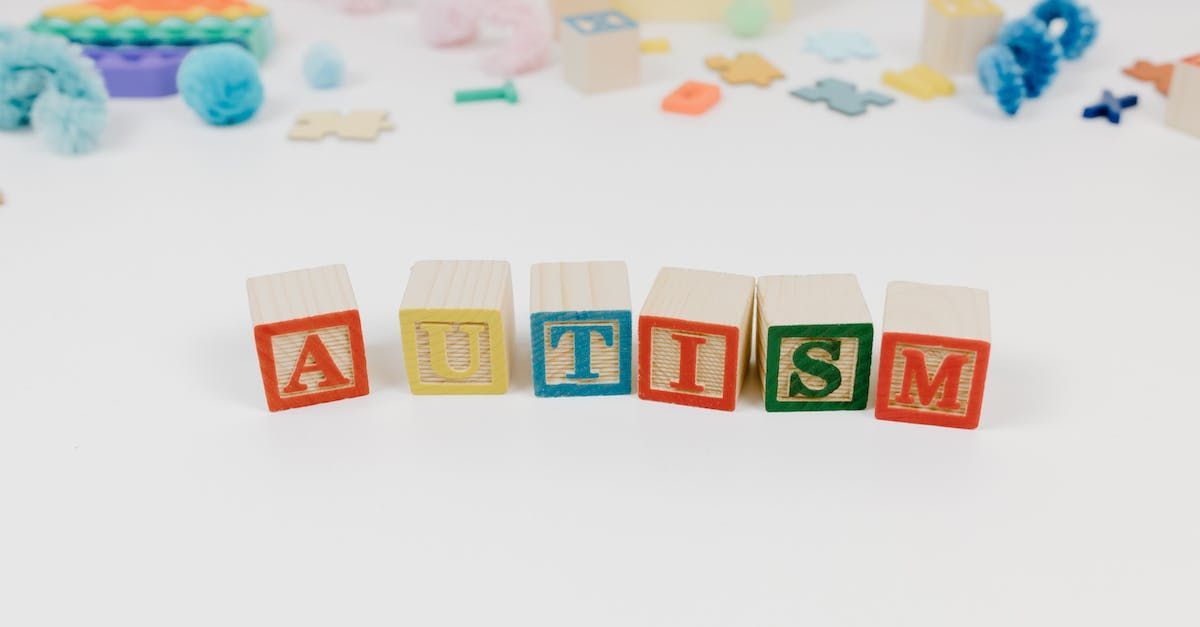Debunking Three Common Myths about Sign Language and Autism
Debunking Three Common Myths about Sign Language and Autism
Around one third of children diagnosed with Autism Spectrum Disorder are considered minimally verbal. For this reason, parents and therapists often consider some form of Augmentative and Alternative Communication (AAC) such as American Sign Language (ASL). Perhaps you are considering teaching your child ASL to help them communicate, but you have questions. As always, speak with your child’s team of professionals about any concerns, but in the meantime, here are three of the most common myths regarding the use of ASL for children with autism.
Myth #1: ASL isn’t a “real” language like English or other spoken languages are.
Truth: American Sign Language is a sophisticated form of communication with its own grammar, syntax, vocabulary, and even its own idioms. It is considered a natural language that has developed and changed over time. The only difference between a signed language such as ASL and a spoken language is that one is communicated visually and the other auditorily.
Myth #2: Learning sign language at the same time as a spoken language may confuse my child or delay his development.
Truth: It is a common misconception that learning sign language will delay a child’s speech development, but research suggests that the opposite is the case. English and ASL, while entirely different, are acquired very similarly. In fact, the brain processes visual language and auditory language in the same way. Therefore, sign language and spoken language are complementary. Since children with autism tend to be very visual learners, it makes sense to leverage the power of a visual language in order to build their communication skills. It also helps them gain confidence.
Myth #3: I can’t teach my child ASL until I am fluent myself.
Truth: It is perfectly acceptable for the parent and the child to learn alongside each other. Ideally, you only need to stay a few signs ahead of your child. Waiting until you are fully proficient to begin working with your child, would be like waiting until you’re a trained chef to start teaching a child basic kitchen skills. Why wait? Jump in and learn together!
Positive Reinforcement not only offers ABA therapy services for North Virginia, West Virginia, Kentucky, including cities like Glen Allen Virginia, Winchester Virginia, and Aba Therapy Richmond Virginia. .











